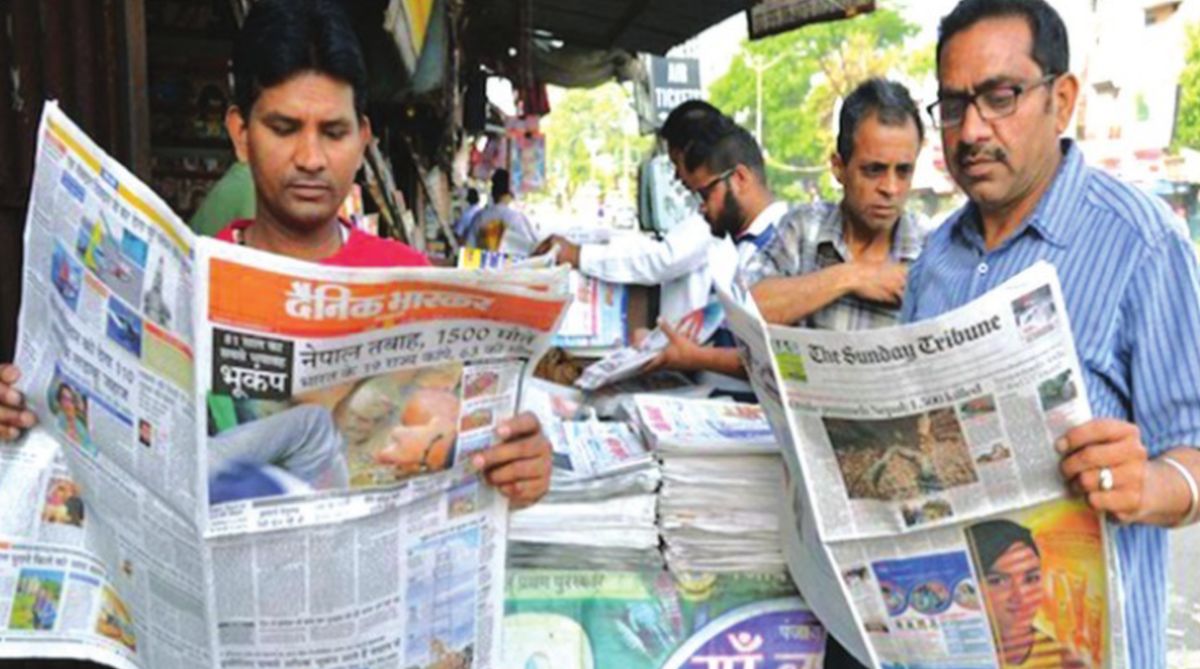Nepal’s government has become more highhanded with regard to freedom of expression and press freedom. It ignored the amendment to the criminal code and its procedures. The code’s provisions relating to national security, social security, law and order, hate speech, blasphemy, obscenity and pornography and social harmony, press freedom and freedom of expression (FOE) are highly likely to be misused.
In addition, the provisions on defamation, libel and slander are like a sword of Damocles hanging over press freedom. This is sheer criminalisation of libel and slander while exercising press freedom— printing, publishing, broadcasting and disseminating news. What is more worrying is that the punishment for this is 50 per cent greater than the general punishment for defamation. The code also includes a provision on printing and publication under criminal offence which is worrisome on its own.
Advertisement
In an additional chapter on individual privacy in the criminal code, investigative journalism has been made a criminal offence rather than a civil offence. Rather than protecting an individual’s privacy, the provision on individual privacy has boosted the secrecy of the state and public officials. Concerns were raised by the media and rights defenders were glaringly left unheard.
Instead, the government, taking some media persons whom it favoured and who were under its influence, formed a mechanism and adopted a strategy of procrastinating on this pressing issue. This makes the government’s intention clear: It wants to intimidate the media, increase surveillance and promote self-censorship with the continuation of hostile legal provisions.
Parliament has passed the Individual Privacy Bill. The bill contains a provision that clearly intends to tamper with press freedom and freedom of expression. It was passed without adequate discussion and debates. But timely and apt intervention by media rights groups helped lawmakers to be aware of the possible risk, and they finally proposed corrections to some of the provisions. Despite several amendments, there are still several points to be corrected so that freedom of expression will not be threatened in the future in the name of protecting personal privacy.
The government has not shown any interest in bringing reform in the media laws despite a decade-long campaign for improvement. Drafts of an umbrella act for mass media, Public Service Broadcasting Act, Advertisement Act, Media Council Act and Integrated Information and Communications Technology (ICT) Act have not been tabled in Parliament. Government officials are reluctant to hold public and open debates and discussions on these matters. The Ministry of Communications and Information Technology has kept secret many draft bills related to media council, ICT and advertisement regulation.
The government has spread panic and made everyone suspicious with its strategy to tighten press freedom. Although government officials have been reiterating that press freedom will not be breached, misuse of the Electronic Transaction Act continues unabated. In the past few months, about a dozen journalists and citizens expressing their views and news on the internet have been indicted.
The government recently sent a circular to all its agencies to provide advertisements and sponsored programmes only to government-owned media such as Radio Nepal, Nepal Television and Gorkhapatra Corporation. This results in manipulation of about one-third of the media’s revenue sources. Such discrimination is unfair. This is gross misuse of public funds to strengthen the government’s propaganda mechanism which is against media pluralism and professionalism.
Moreover, the number of press freedom violations has been growing, and three dozen violations have been reported in the last three months alone. These attacks on press freedom have not attracted serious attention. This kind of impunity is appalling. It vividly paints a grim picture of press freedom in Nepal, which is likely to face more risks in the days to come.
Many policies and acts being made by the local and provincial governments are also hostile to press freedom. The Media Management Bill introduced by the Province 3 government is archaic. If the bill is passed, democracy and press freedom will remain in the government’s grip. Therefore, we must be psychologically ready and brave to face the impending challenges and fight for vibrant media freedom and FOE as per constitutional guarantees and the country’s international commitments.
The Kathmandu Post/ANN.











